|
位置 葡萄牙 项目名称 莫拉河水族馆(Mora River Aquarium) 建筑性质 建筑面积 占地面积 简介 当地一直以传统农业作为其经济支柱,为了改善这一境况,葡萄牙政府打算把这里建设为生态旅游区。这座莫拉和水族馆就是第一步。水族馆的外部设计和电暖器相似,其作用是加快空气流通,减少制冷所需的能量。馆内,设计师为鱼儿们制作了一个虚拟的生态环境,放置在馆内最主要展厅的中心中间,让鱼儿们把最自然的一面展示出来。 译文 河水水族馆位于德莫拉,阿连特茹地区北部的一个小城市。鉴于需要改变这种越来越依赖农业经济和旅游休闲市场的走弱的区域发展环境,市政府推出了水族馆的设计及建造竞赛,以这种方式来展现伊比利亚河的生物多样性这一典范。 在加梅罗综合生态野生公园和拉亚河岸边,搬离了更激烈的休闲钓鱼活动,建筑物矗立在一片从软木和橄榄树林中开辟出来的一个与世隔绝的领域里。随着地形的轻轻起伏,在两个小河道交汇处形成了一个盆地。将水族馆置于这个仿生的保留湖边,这样可以使水族馆的主题与淡水中的现存物进行对话。 鉴于阿连特茹强烈的光影效果,建筑按要求设计成一个庞大的单体,表皮为单跨33米的纤细白色预制混凝土人工构架,这座白色仓库被阿连特茹官方文件命名为“蒙特斯”。阴影和交叉通风系统以及水电路促进能耗的减少,湿度的可持续增长和动植物的生活福祉。 水族馆位于一个巨大的拥有内置楼梯坡道入口的混凝土基座上,这组由人工构架组成的闭合体量所包含的功能有:接待、票务、商店、餐厅、临时展厅、文献中心、教研中心、现场展览、多媒体厅和小礼堂。内部展览空间通常黑暗,以减少紫外线对现场展品的影响和便于游客深度观察水族箱。室外框架之间形成的空隙不仅增加了室外景观的取景,而且形成了一个供游客漫步的走道,这座在湖面上可供人通行的桥本身就是该区域动植物收集和培育的现场展览。 水族馆的主要特色就是现场展示,通过不同地区不同环境中的动植物之间的关联性再现复杂的生态维护系统。在地下室,这些维护系统保证水温和PH值的稳定,每个栖息地的质量控制盒参数筛选,包括为每个展厅供应和监测用水的管道网。建筑用水来自一口井,计划将水注入蓄水池并循环再利用。此外,动物检疫、食物制备、实验室、工作人员设施和物流等领域使技术层面得到了完善。 除现浇混凝土基座和预制白色柱廊外,该项目由钢骨架、抛光处理陶板和外挂密度纤维板建成。德莫拉河水族馆总建筑面积2000平方米,包括500个以上的样本,预计每年接收20万名游客。 原文 The River Aquarium is located in Mora, a small municipality in the Northern Alentejo region. Given the need to shift regional development from the dependence of an increasingly weaker agriculture economy into the environmental tourism and leisure market, the municipality launched a design-and-build competition for an aquarium that could somehow embody the paradigms of biodiversity of the Iberian river. Integrated in the Ecological Wild Park of Gameiro and bordering the Raia stream, the building stands amidst a secluded field of cork and olive trees removed from the more intense leisure and fishing activities of the river. The plot’s gently undulating topography forms a basin at the confluence of two small watercourses. Placing the aquarium at the edge of this quasi-natural retaining lake brought together the fundamental relation between its thematic contents and the presence of fresh water. Given the blazing Alentejo sun and the need to create shade, the building was devised as a compact and monolithic volume with a pitched shelter of thin white pre-cast concrete porticos with single spans of 33 metres, evoking the profile of the canonical Alentejo whitewash barns known as “montes”. The shading and cross ventilation systems along with the water circuits foster the reduction of cooling energy, the sustainable increase of humidity and the wellbeing of animal and plant life. Standing on a massive concrete plinth with a built-in stairway-cum-ramp entry, the pitched shed veils a set of mute boxes that contain the programme, namely; reception, ticketing and shop, cafeteria, changing exhibits hall, documentation centre, research and education, live exhibits, multimedia and a small auditorium. Inside, the exhibition spaces tend to be dark, in order to minimize UV impact on the live exhibits and allow visitors an in-depth viewing of the aquariums. The outdoor void between these programme boxes and the pitched shed generates not only accelerated viewpoints onto the outside but also a promenade that culminates in the passage through a bridge over the lake which in itself is also a live exhibit of animals and plants collected and nurtured in the region. The live exhibits, the main feature of an aquarium, reproduce, through complex life support systems, the habitat conditions of different regions allowing to exhibit side-by-side the various animals and plants. On the basement, these support systems guaranty stability of water temperature, ph, quality control and filtering for each habitat parameter, including a duct gallery below each exhibit to supply and monitor the water. For this building, the water is taken from a well on the plot, pumped into a deposit and regenerated after use. In addition, areas for animal quarantine, food preparation, laboratories, staff facilities, and logistics complete the technical floor. Other than the in-situ concrete cast plinth and the white pre-cast porticoes, the programme boxes are built in polished finish plastered terracotta masonry with steel frames and varnished MDF carpentry. With a total built area of 2000 sq.-m, the Mora River Aquarium includes more than 500 live specimens and is expected to receive 200,000 visitors per year. [/td] [/tr]

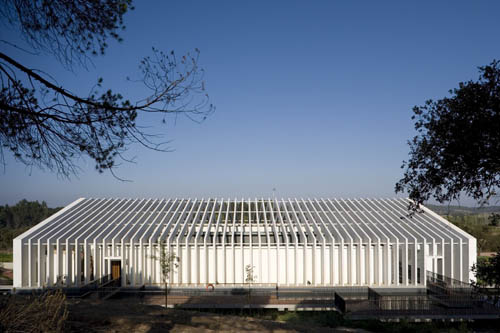
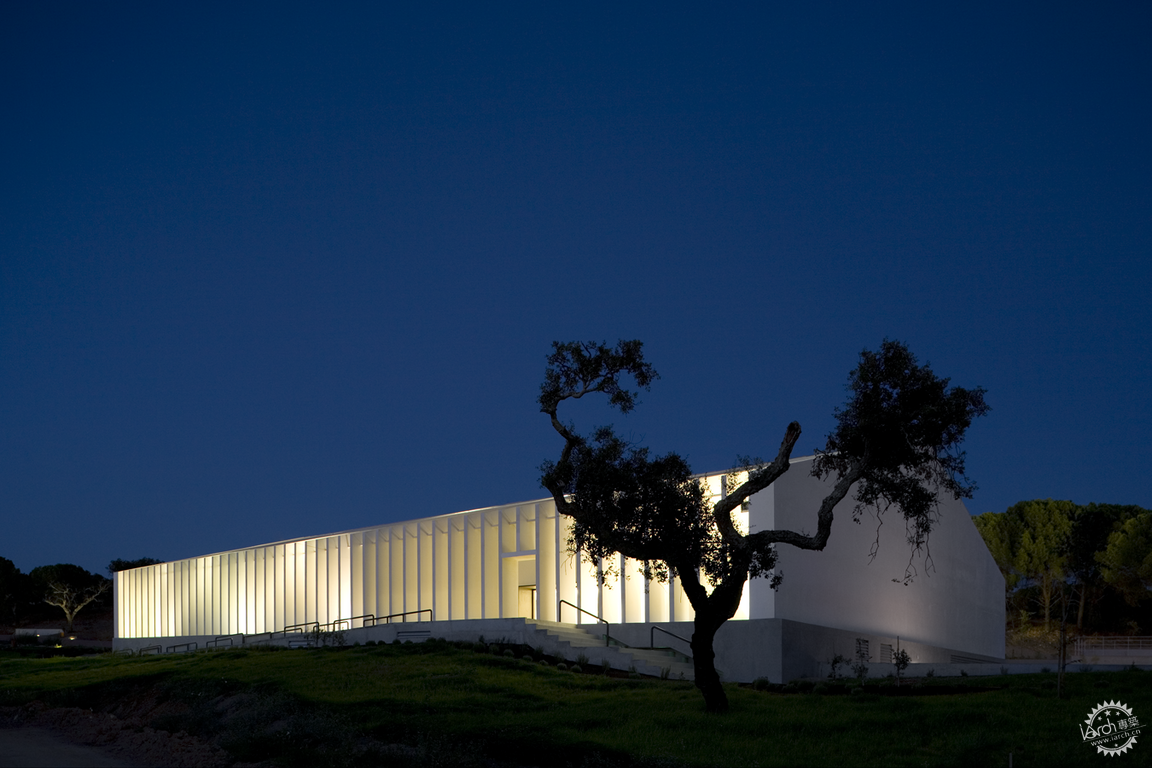
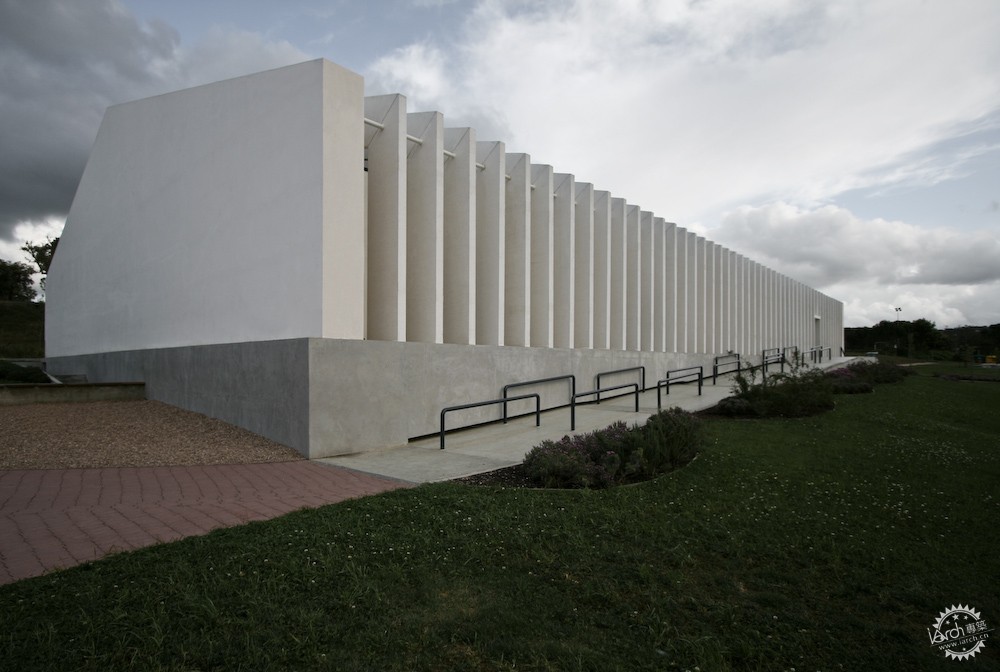
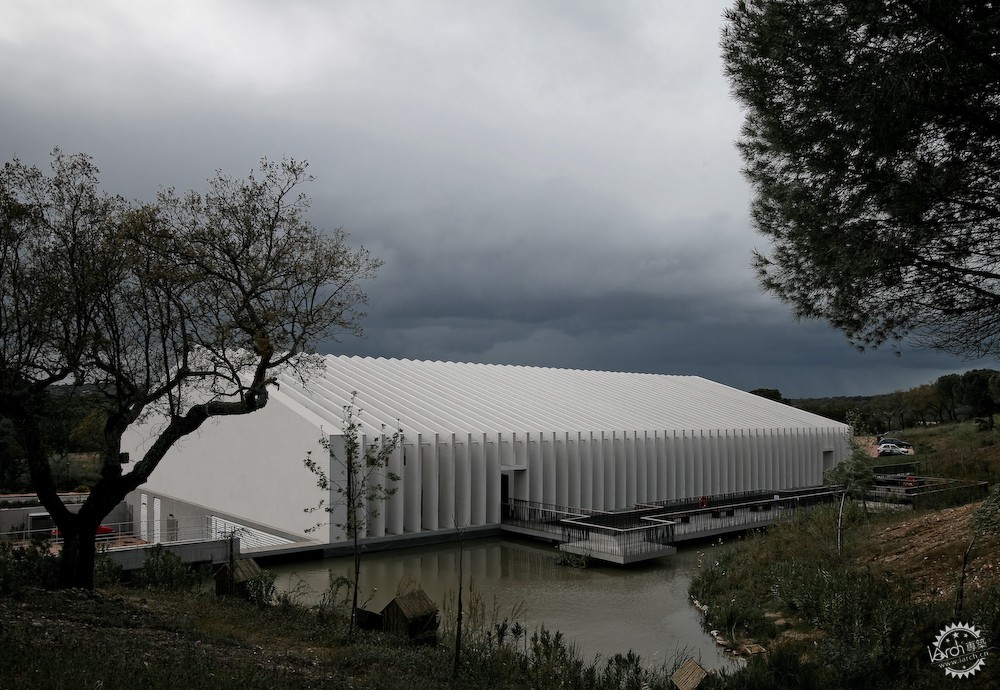
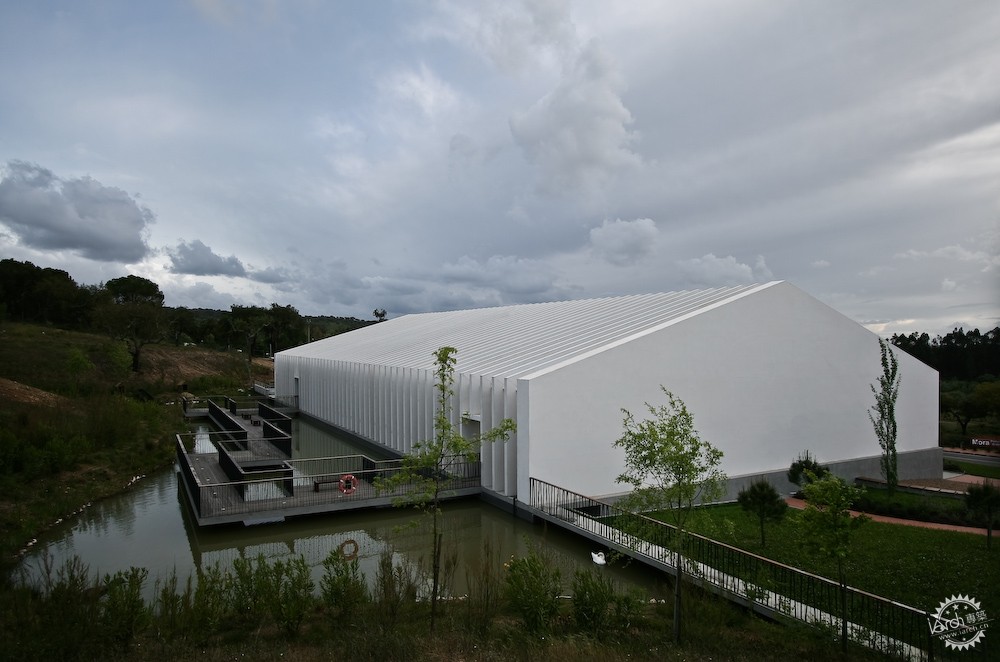
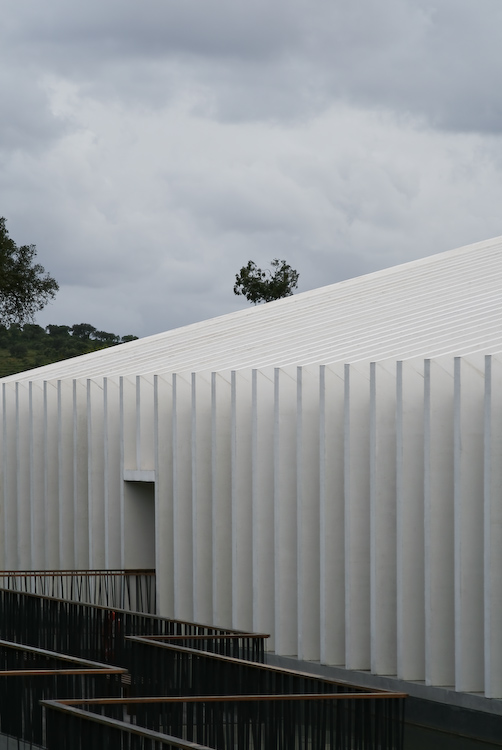
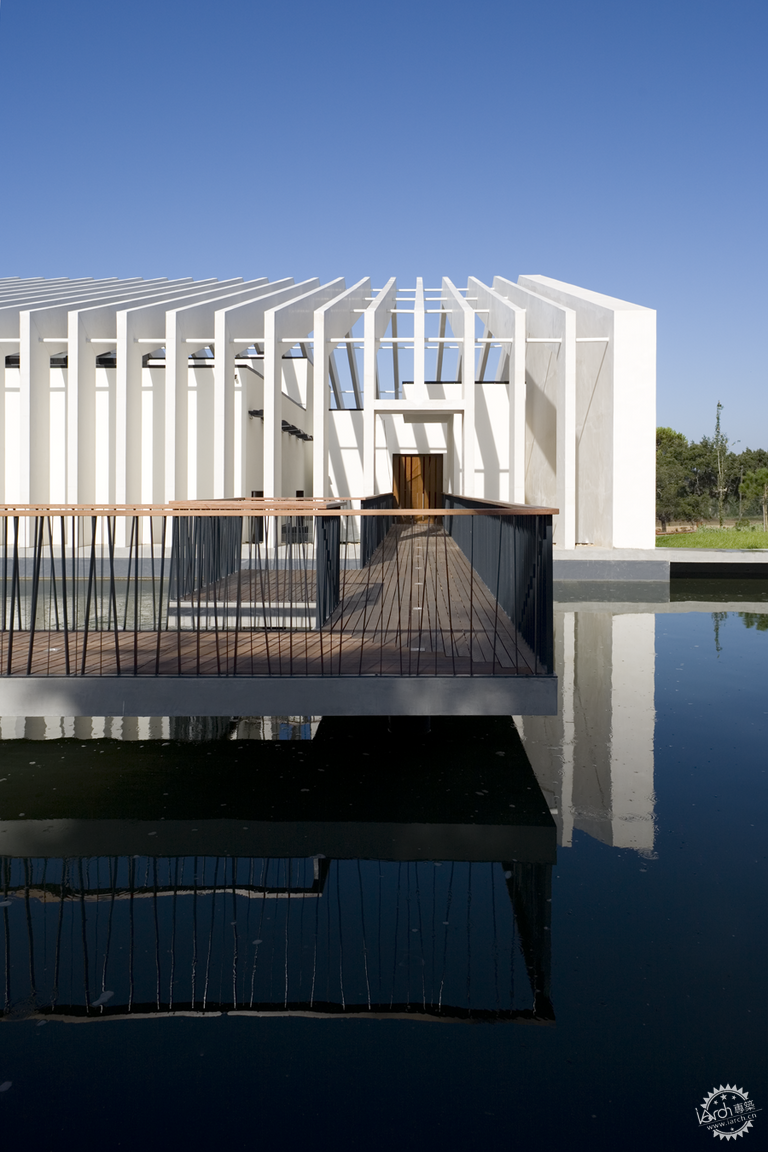
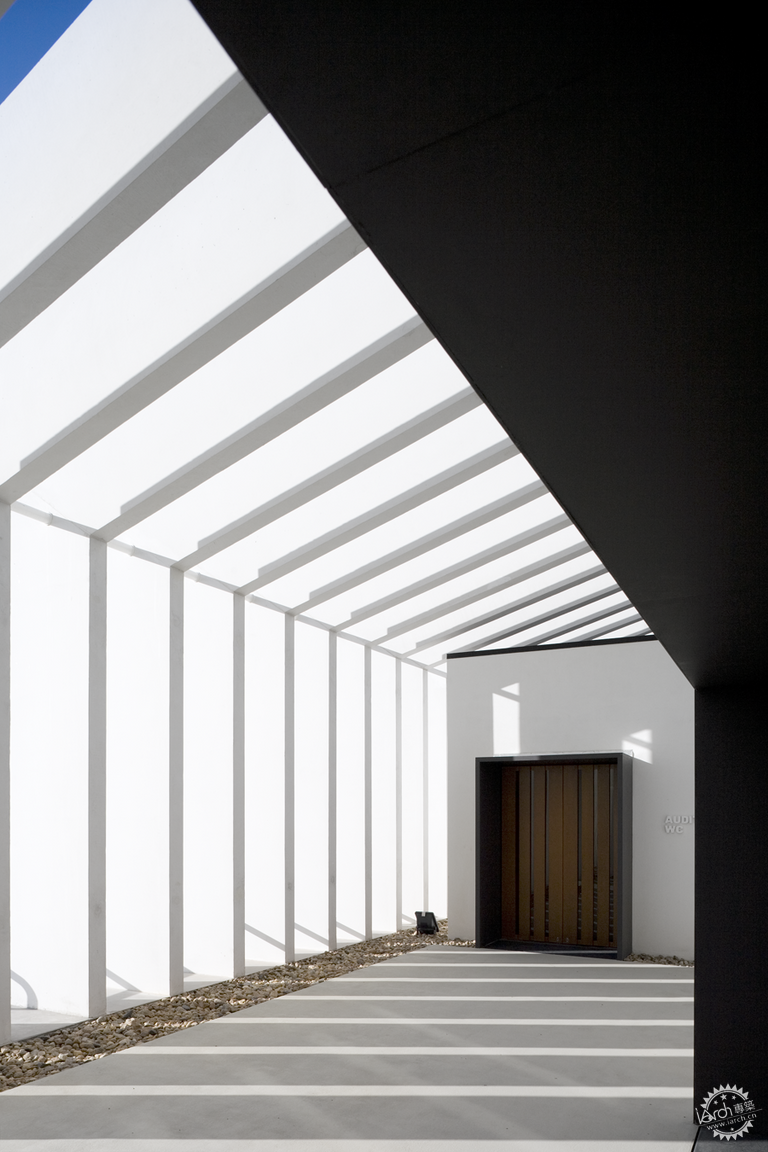
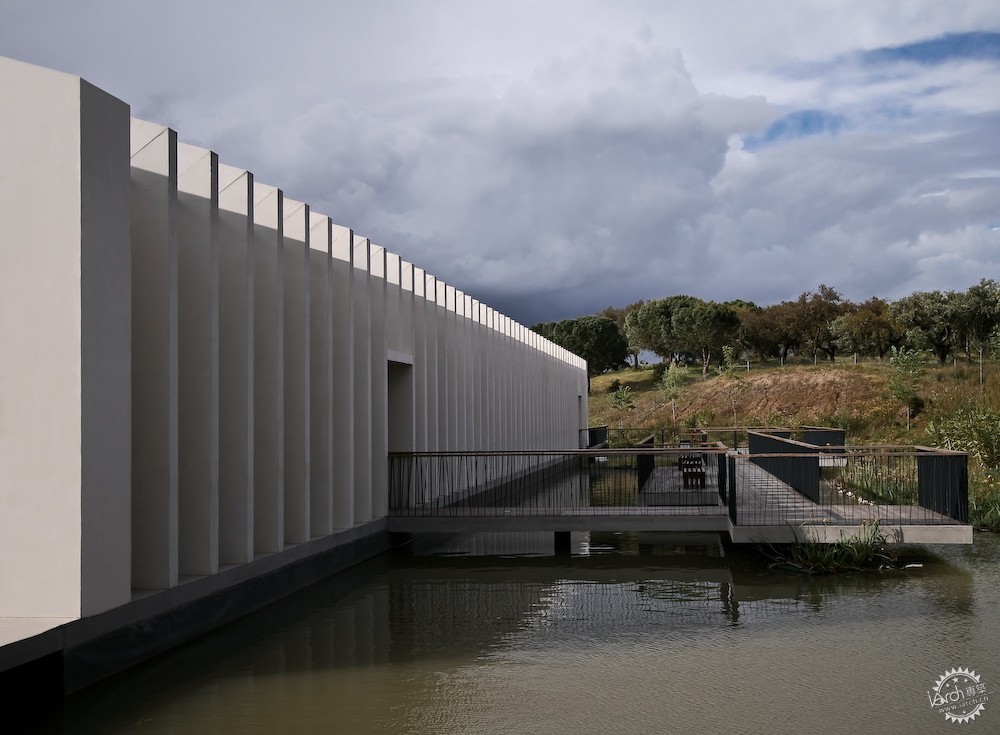

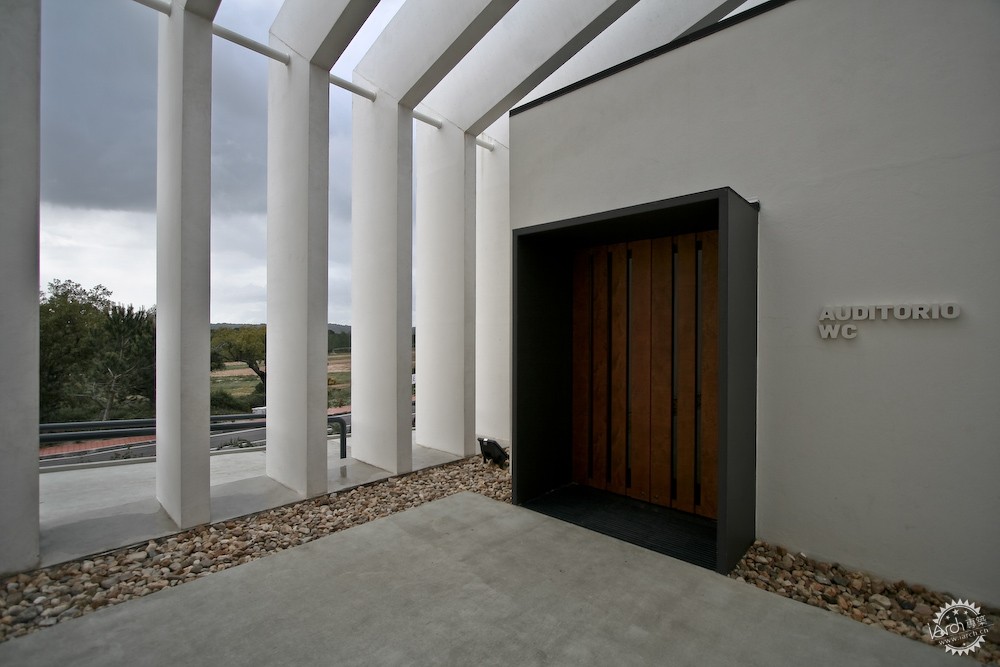
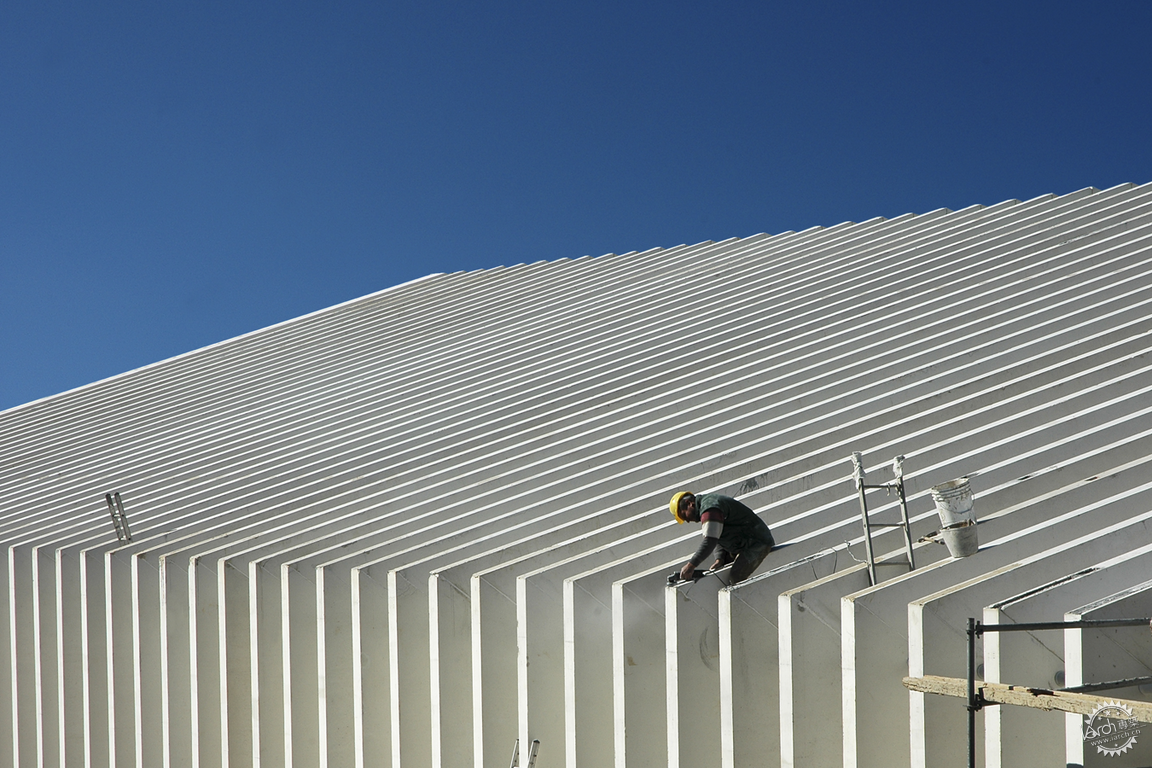
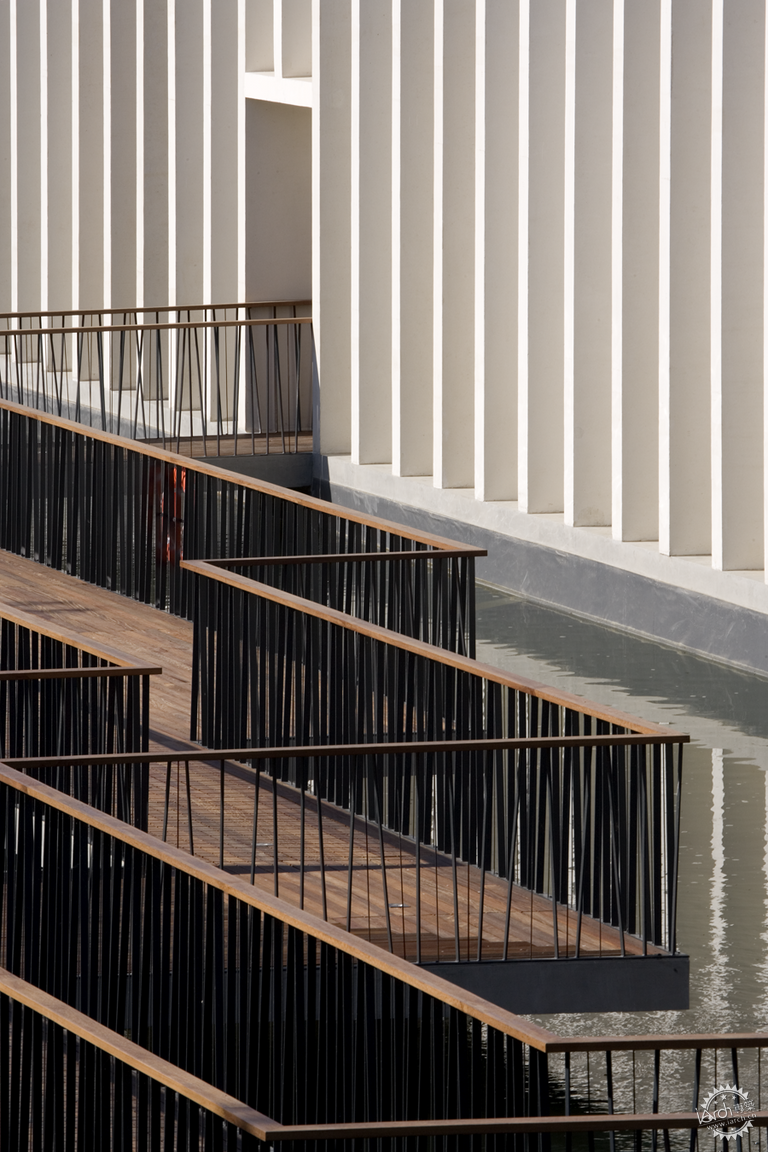
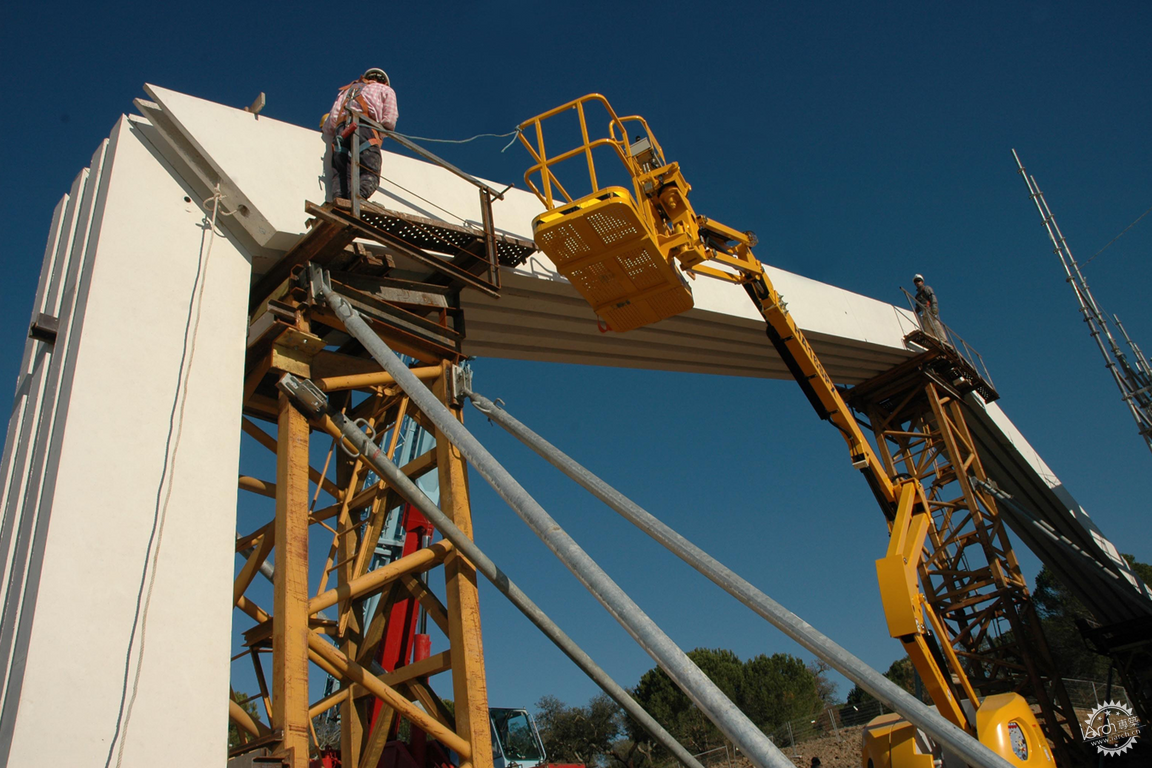

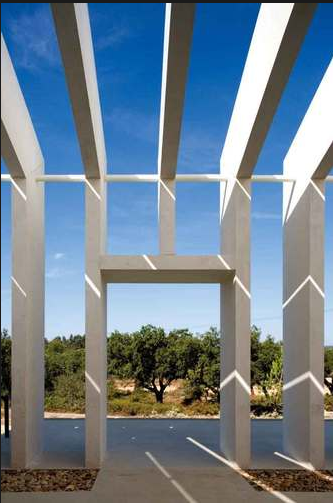

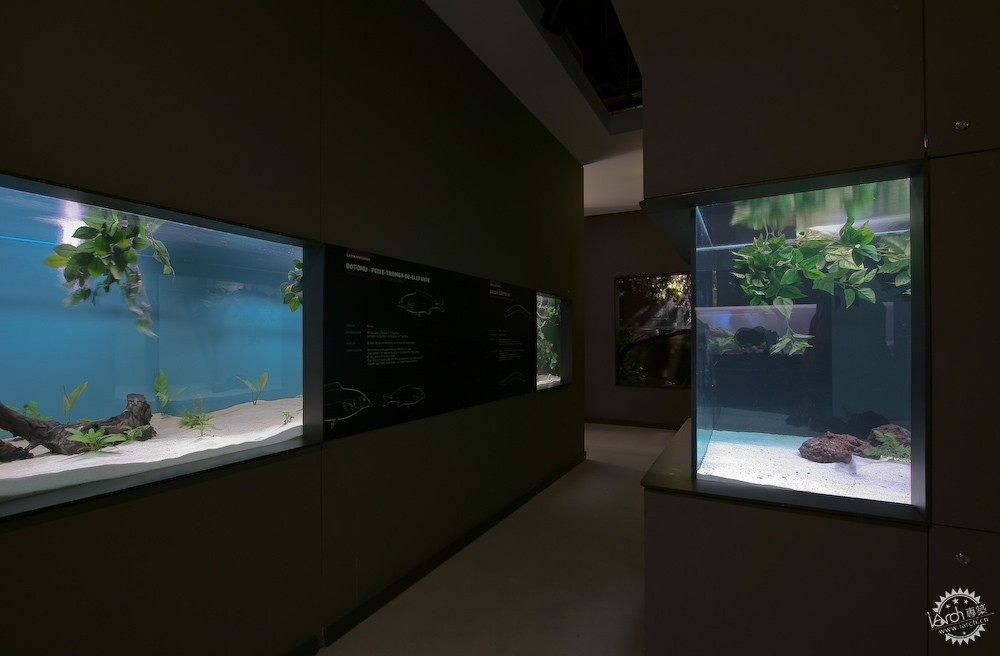
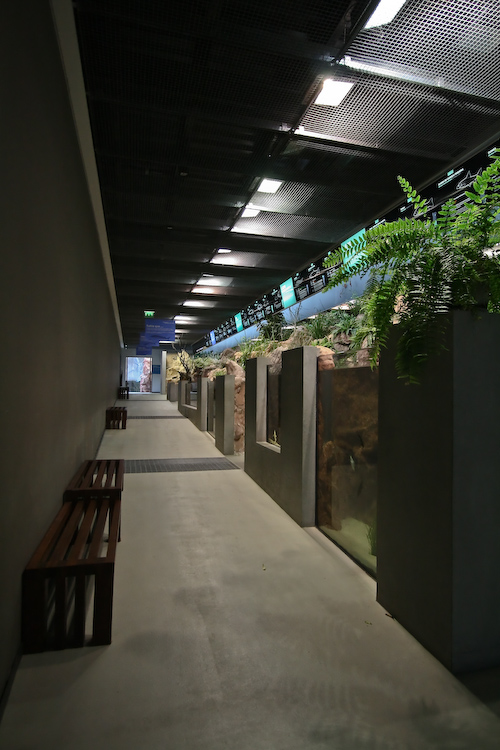
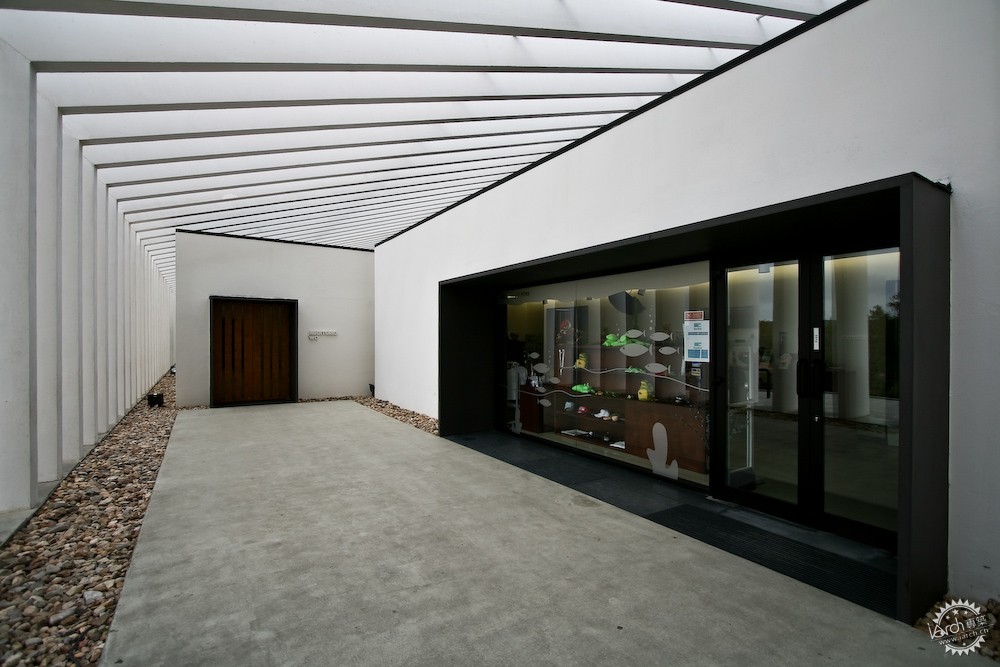
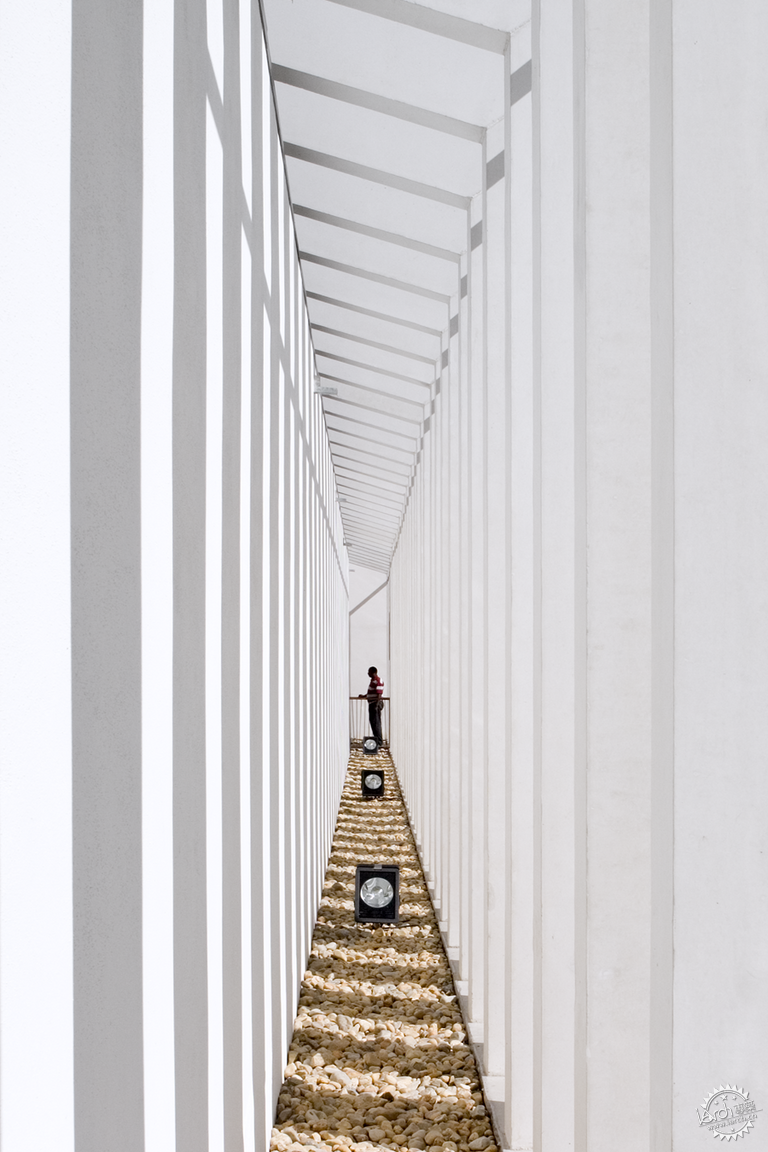
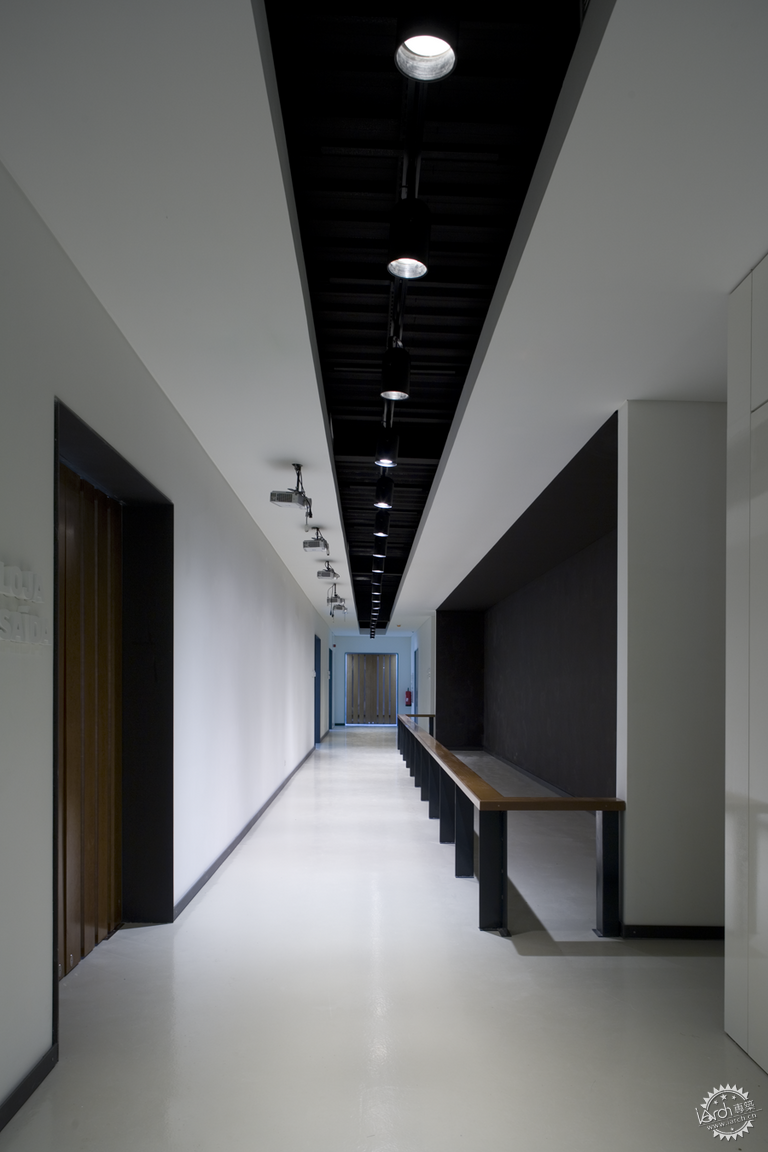

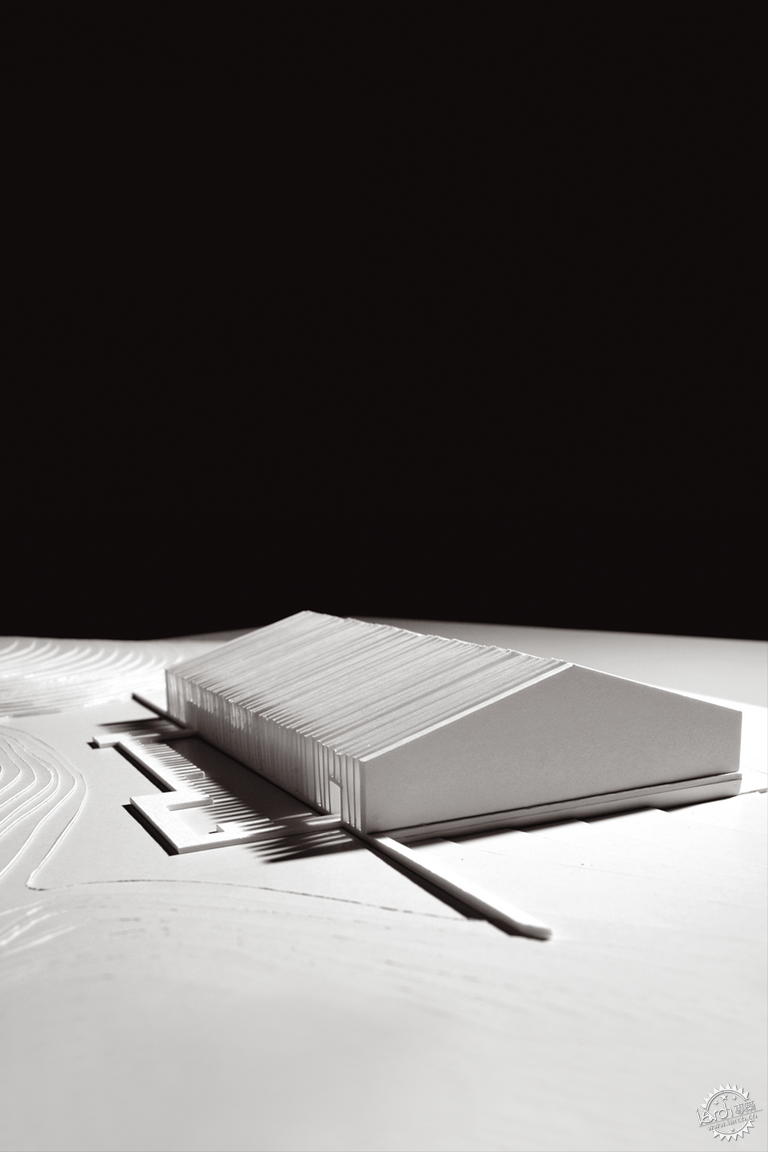

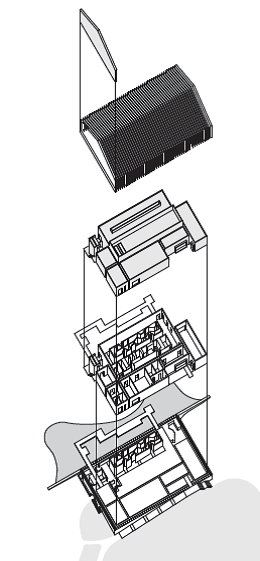
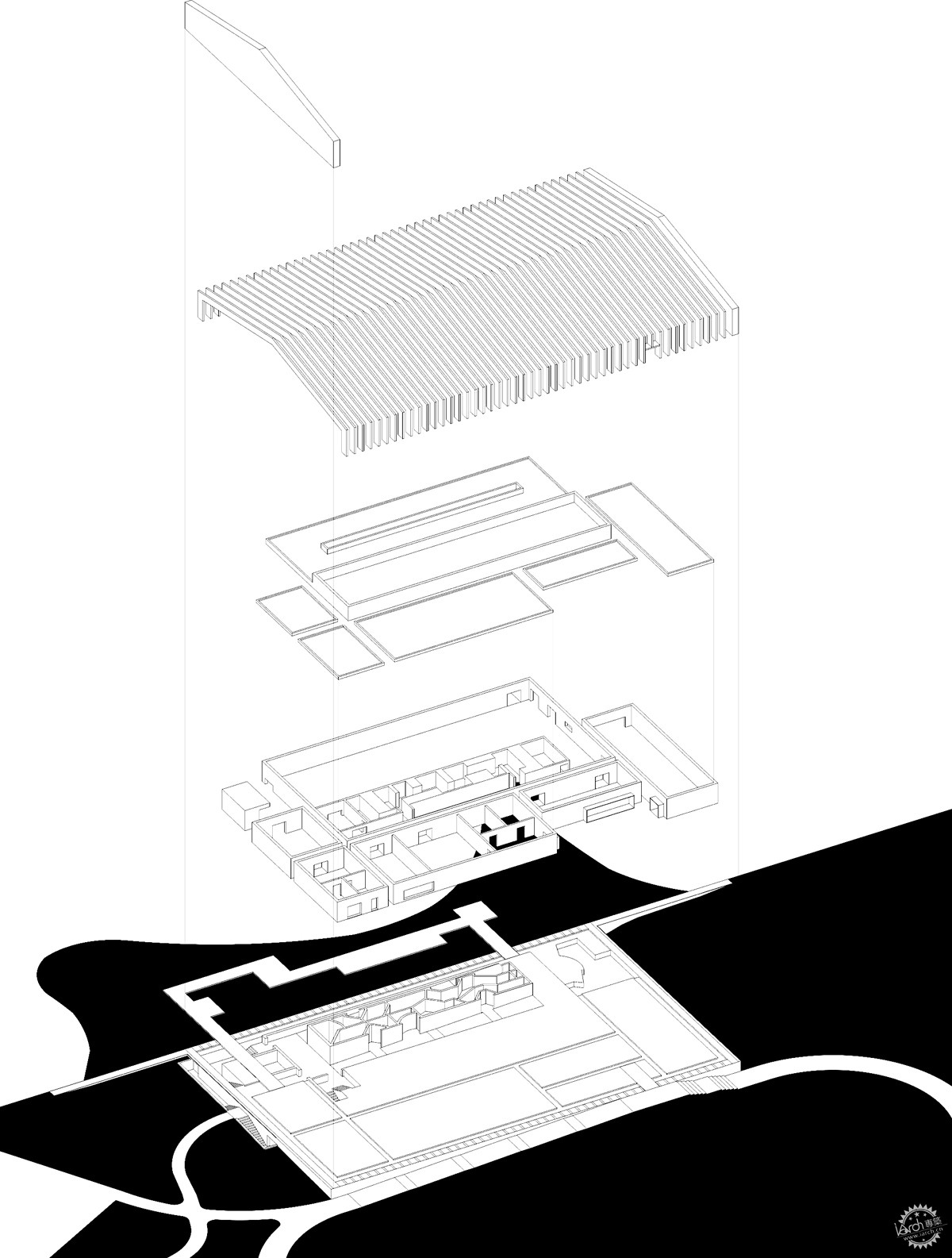
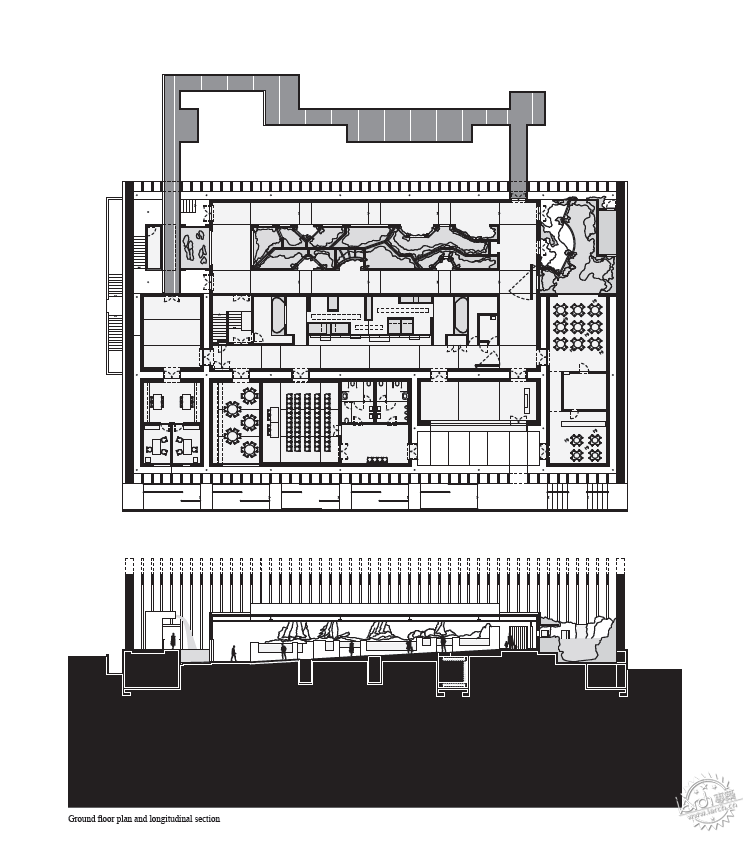

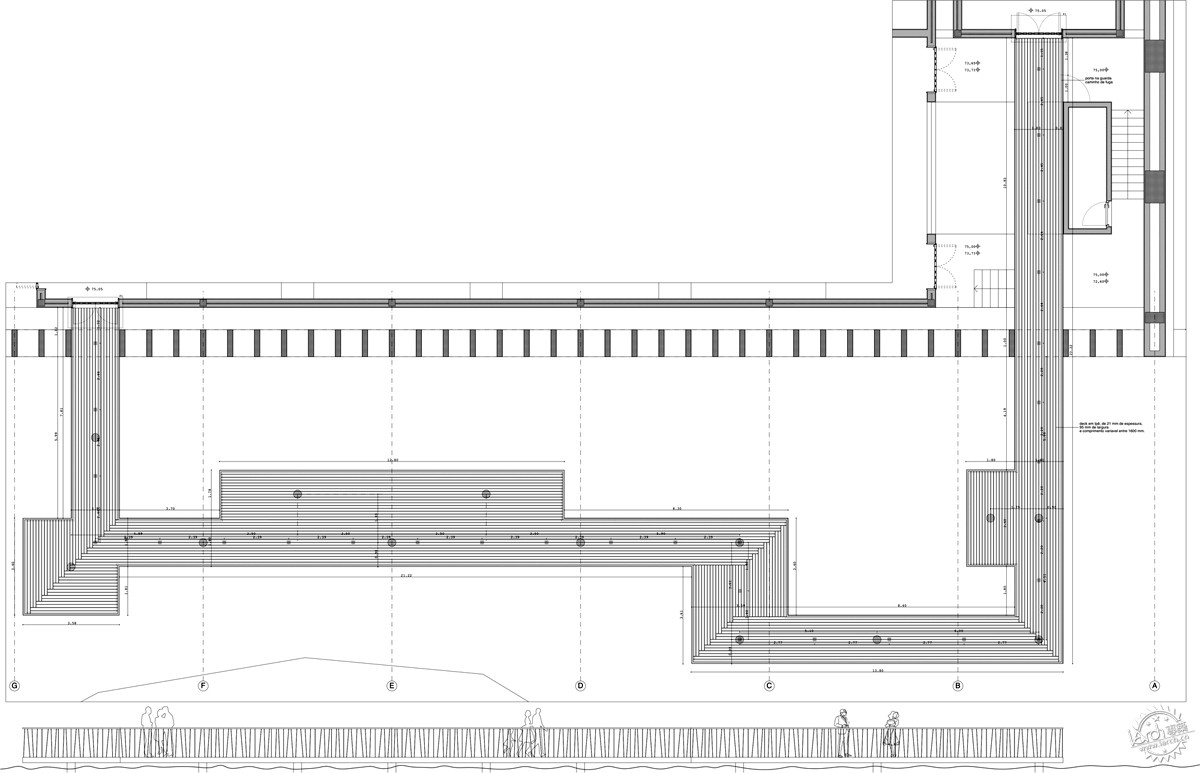
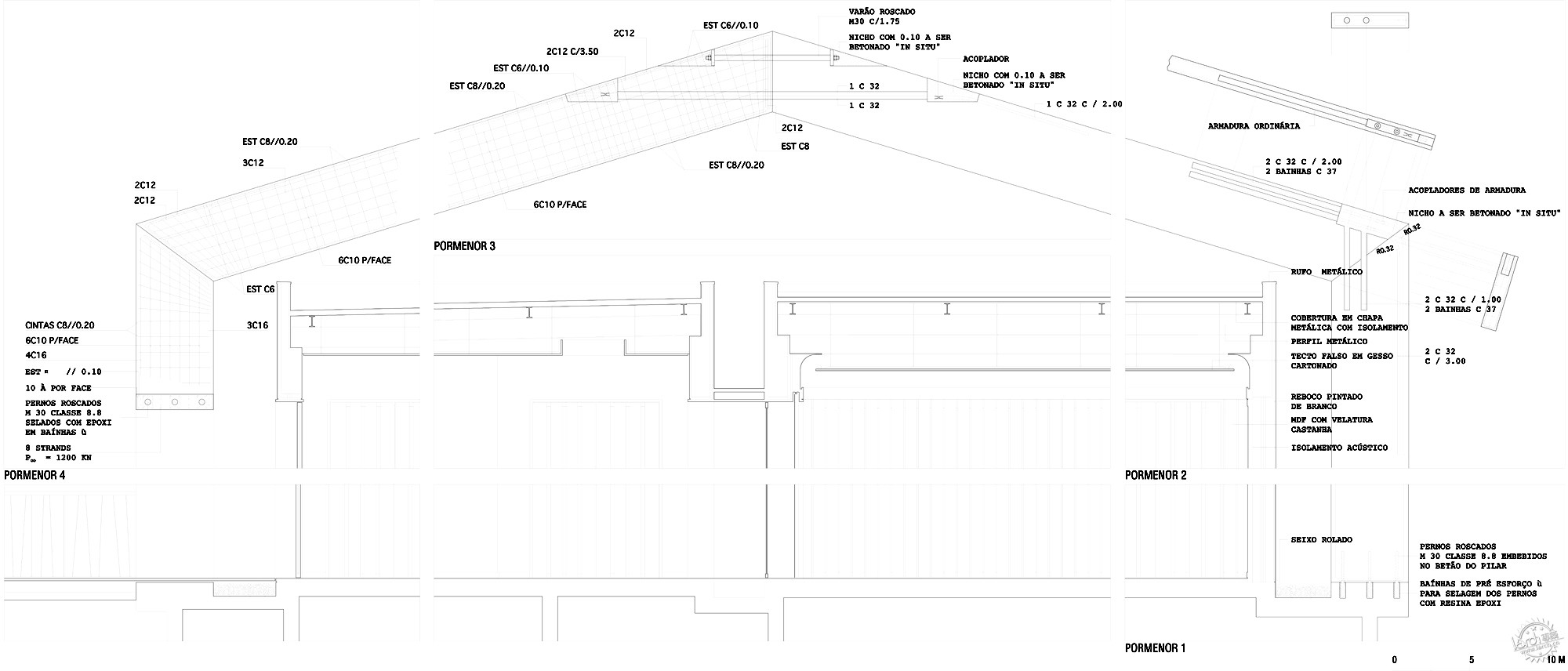
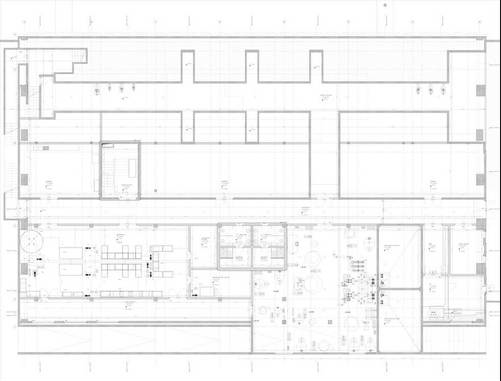
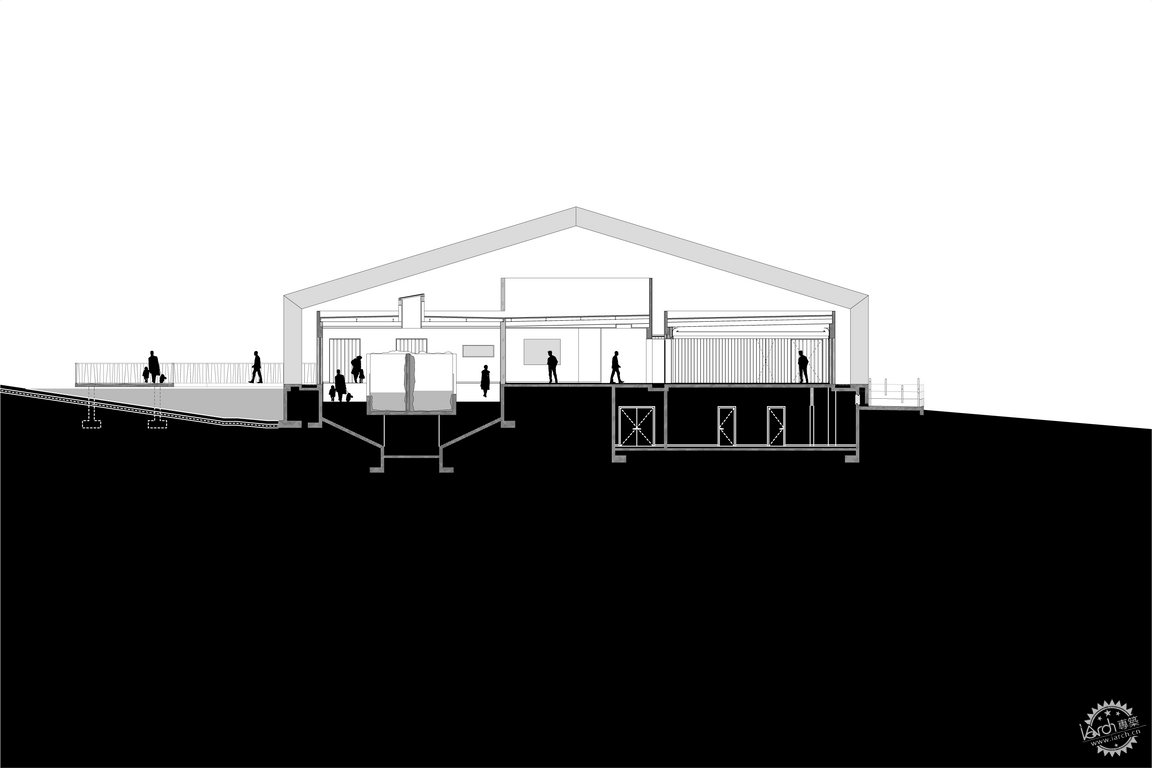

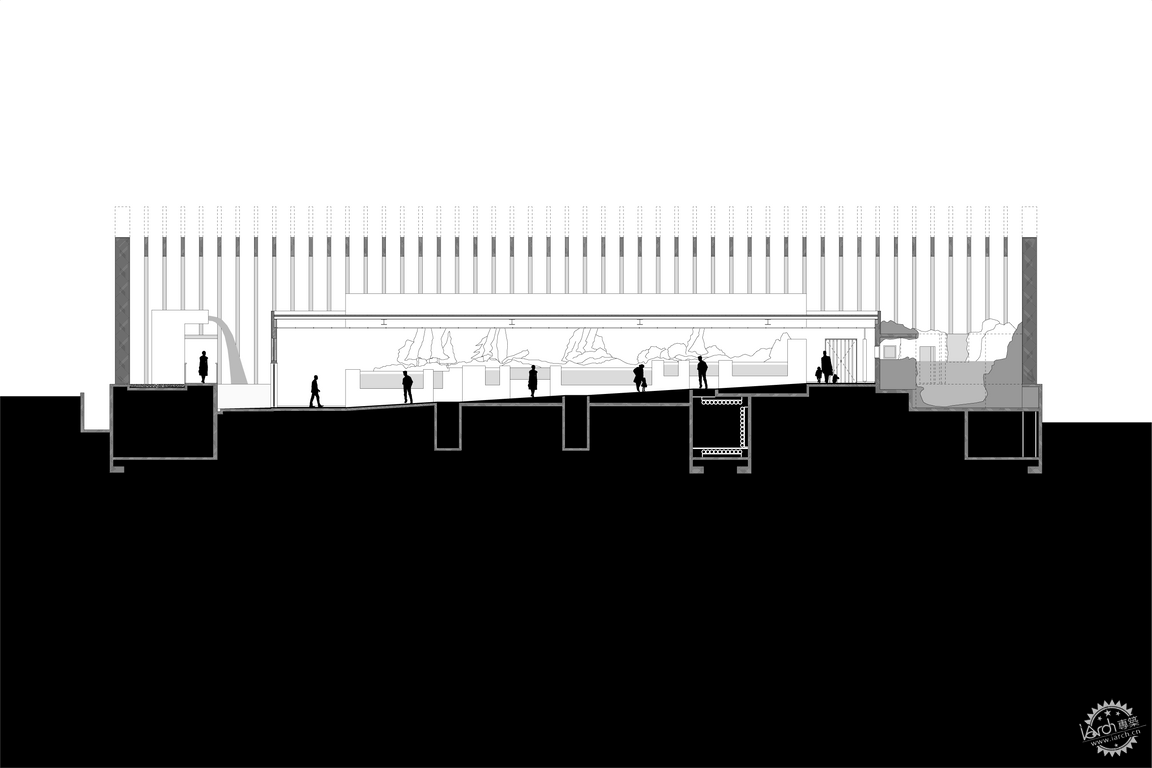
| 